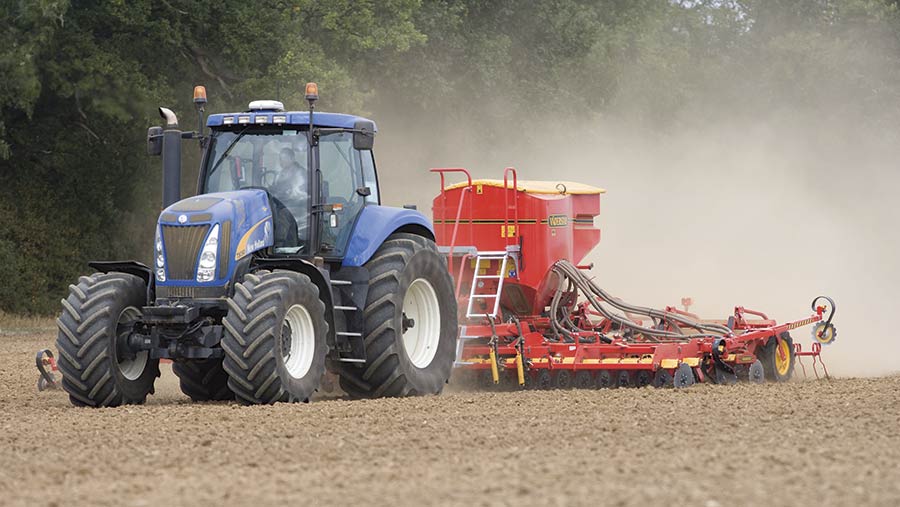Use farm support to bolster rural growth after Brexit – report
 © Tim Scrivener
© Tim Scrivener Farm support should be refocused to unlock wider rural growth – not just food production – after the UK leaves the European Union, says a think tank report.
The IPPR North report says farm subsidies should be better linked to local economies – for instance, by linking support to local flood prevention measures.
Although farming represents less than 1% of the economy, the document says 70% of land is agricultural and rules affecting farmers have wider economic implications.
See also: Seize Brexit opportunity to improve farm policies , peers told
Published on Monday (6 February), the study is the latest call for a more targeted approach to farm support after Brexit.
‘Hugely diverse’ rural economy
IPPR North senior research fellow Anna Round said the rural economy was hugely diverse and covered much more than the “tractor and tourism” stereotype.
As well as food production, there were hotspots of high-tech businesses such as advanced manufacturing, agri-tech and digital innovation, she said.
The report recommends the priority for subsidies after Brexit should be meeting domestic demand for food, environmental protection and boosting food exports.
“There is no single rural economy,” said Ms Round.
Devolved approach needed
“This means a devolved, targeted approach is needed to really get the rural economy firing on all cylinders post Brexit.”
“At a national level, we have a once-in-a-generation opportunity to get a farming policy that really works for the UK.
“This will mean we must be as strategic as possible in how every penny is spent.”
The document says agriculture is key to the UK’s thriving food manufacturing sector, which stands to benefit after Brexit because of the more competitive pound boosting exports.
But too often rules and funding for agriculture fail to properly link it with local economies.
Rules on land management, for example, can make the difference between local businesses being flooded or not, the report says.
Rural economies vary – from seaside towns dependent on tourism, through to farming villages – which is why a more locally devolved approach is required, the report says.
The document calls for new rural devolution deals which would link national agricultural policy to local economic issues – including communities, flooding and local labour markets.
These “rural devo deals” would refocus farming rules where they are most needed, it says.
